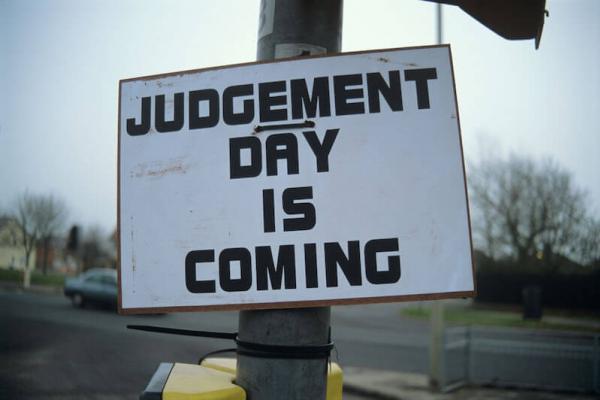Jun 13, 2022
For those who have lost loved ones due to COVID-19, racist violence, or gun violence, Jesus’ apocalyptic hope that “the world as such” comes to an end is, perhaps, relatable. Here in the United States, we are expected to numb ourselves to the death-for-profit economy that’s been established; we are expected to go on with business as usual, never once pausing to cry out in judgment, “Woe to the world.”
Read the Full Article

Already a subscriber? Login
